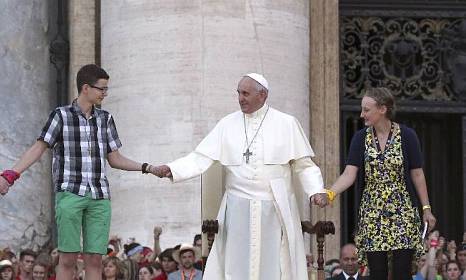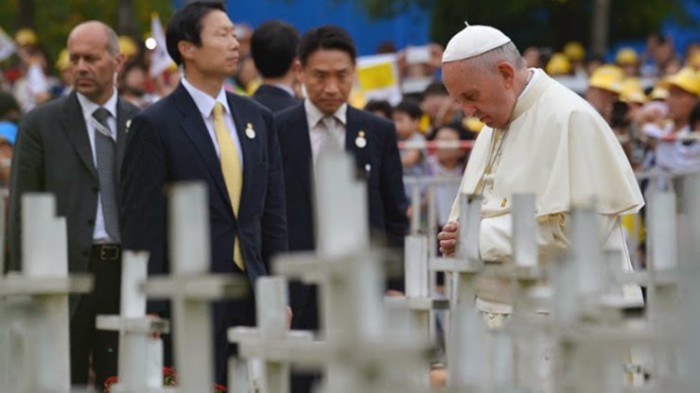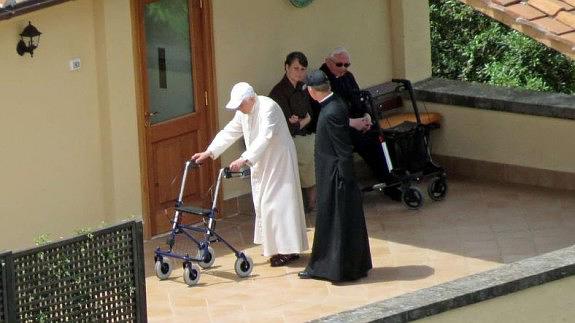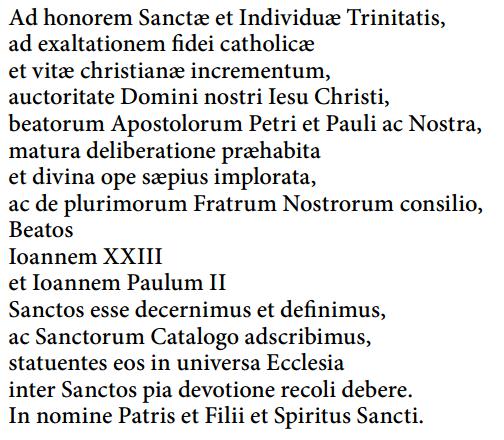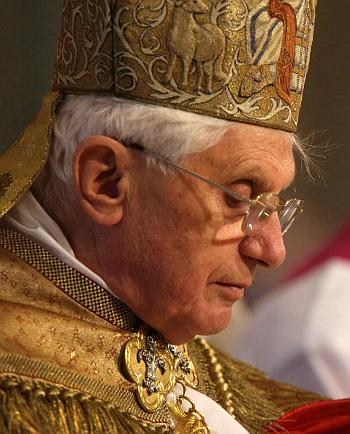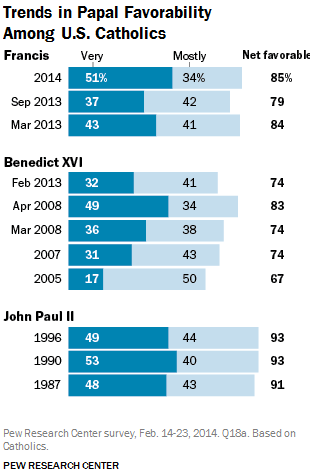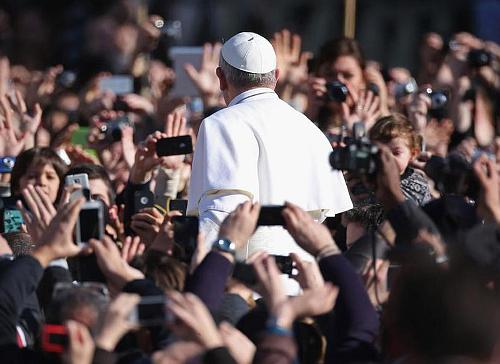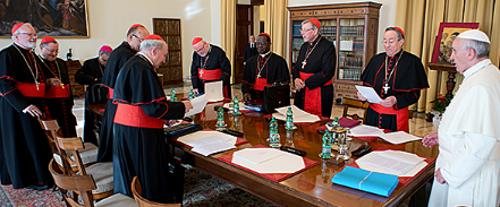Pave Frans velger å opptre ganske egenrådig ved bispeutnevnelser
Sandro Magister skriver med utgangspunkt i utnevnelsen av ny erkebiskop i Chicago at pave Frans ikke ser ut til å ta så mye hensyn til hva andre mener når han utnevner nye biskoper. Han overrasket alle ved sin utnevnelse av biskop Cupich, og en del er svært så overrasket over valget:
…. So Cupich seems to be bringing Chicago back to the heyday of Cardinal Joseph Bernardin, George’s predecessor, a champion of “liberal” Catholicism in the United States and the creator of the mountainous bureaucratic machine of the episcopal conference, of which he was president from 1974 to 1977 and “dominus” until his death in 1996.
And the Bernardin era seems to be coming back thanks to a move of Pope Francis, who has taken by surprise and wrongfooted an episcopate, like that of the United States, today widely characterized by appointments made by John Paul II and Benedict XVI.
That it was a surprise can be noted from the fact that a few days before the appointment the newspaper “Our Sunday Visitor,” the most official of the American Catholic periodicals – its president is the journalist Greg Erlandson, a member of the commission for the reorganization of the Vatican media that met in Rome for the first time last week – in listing eight names of possible successors to Cardinal George did not present the one selected by pope Jorge Mario Bergoglio, that of Cupich.
The fact that the appointment wrongfooted the U.S. episcopate is evident from the results of the elections of the current president and vice-president of the episcopal conference that were held less than a year ago, in November of 2013.
At that electoral cycle, in fact, the ten candidates included Cupich. And his was considered by his colleagues the most distinctly “progressive,” ecclesiasticaly speaking, of the candidacies presented.
So then, at the first round of voting, which saw the immediate election as president of the outgoing vice-president, Archbishop Kurtz, with 125 votes out of 236, Cupich was back in seventh place with only 10 votes.
More ballots went to Houston cardinal Daniel N. DiNardo (25), Philadelphia archbishop Chaput (20), archbishop of Los Angeles José H. Gomez and of Baltimore William E. Lori (15 votes each), and New Orleans archbishop Gregory M Aymond (14).
In the two rounds of voting for the vice-presidency, Cupich was far from being elected, coming in fifth (out of nine) both at the first round, with 24 votes out of 236, and at the second, with 17 votes out of 235.
For Chicago, then, Pope Francis did not take the outlook of the local episcopate into account, unlike for example what he did in Spain, … Nor does it seem that the pope took account of the recommendations of Cardinal George, who is believed to have asked for a priest of his diocese as coadjutor. …
There is only one point on which Francis used the same procedure in Chicago as he did in Madrid and Sydney. In all three cases he proceeded with the appointment without having it discussed first by the cardinals and bishops of the congregation for bishops, …


